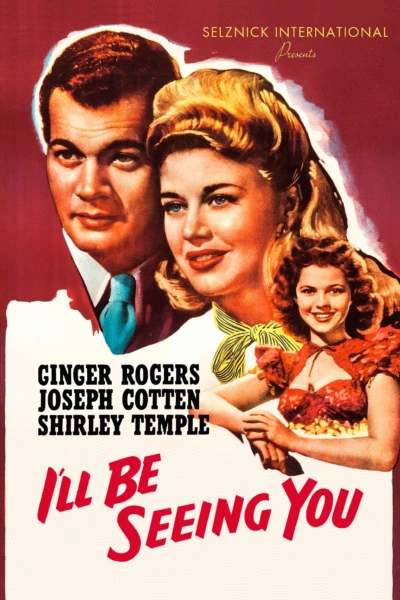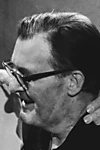This Happy Breed (1944)
May 28, 1944Release Date
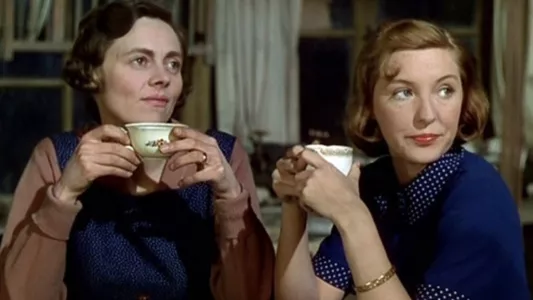
Plot.
Where to Watch.
 Subs
Subs Rent
Rent Ads
Ads Free
Free Rent
Rent Ads
Ads Free
Free Free
FreeCurrently This Happy Breed is available for streaming online, rent, buy or watch for free on: Criterion Channel, Apple TV, Tubi TV, Plex, Amazon Video, The Roku Channel, Plex Channel, Darkroom
Streaming in:🇺🇸 United States

Cast & Crew.
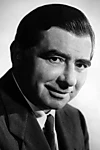
Robert Newton
Frank Gibbons

Celia Johnson
Ethel Gibbons
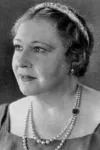
Amy Veness
Mrs. Flint
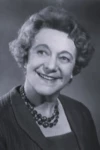
Alison Leggatt
Aunt Sylvia

Stanley Holloway
Bob Mitchell
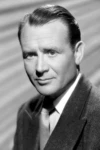
John Mills
Billy Mitchell
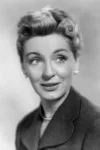
Kay Walsh
Queenie Gibbons

Eileen Erskine
Vi Gibbons
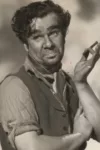
John Blythe
Reg Gibbons

Guy Verney
Sam Leadbitter

Betty Fleetwood
Phyllis Blake
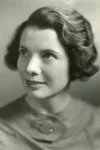
Merle Tottenham
Edie

Mabel Etherington
Woman in Crowd

Jack May
Mourner
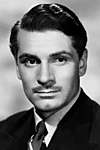
Laurence Olivier
Narrator (voice)
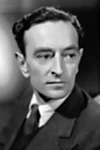
David Lean
Director / Screenplay
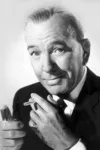
Noël Coward
Theatre Play / Producer

C.P. Norman
Art Direction

Guy Green
Camera Operator

W. Percy Day
Special Effects

C. C. Stevens
Sound Recordist
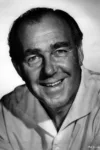
Ronald Neame
Director of Photography / Associate Producer / Screenplay

Jack Harris
Editor

Muir Mathieson
Music Director / Original Music Composer / Conductor

John Cook
Sound Recordist

Desmond Dew
Sound Recordist

Tony Sforzini
Makeup Artist

Hilda Collins
Wardrobe Supervisor

Charles Staffell
Projection

David Lytton
Clapper Loader

Arthur Lawson
Assistant Art Director

Robert C. Foord
Assistant Production Manager

Eugene H.E. Pizey
Still Photographer

Jack Martin
Production Manager

Marjorie Whittle
Assistant Hairstylist

Dennis Bartlett
Clapper Loader

Vivienne Walker
Hairdresser

Anthony Hearne
Third Assistant Director

Norah Walsh
Assistant Editor

George Minassian
Focus Puller
Media.








Details.
Release DateMay 28, 1944
StatusReleased
Running Time1h 55m
Content RatingPG
Genres
Last updated:
This Movie Is About.
Wiki.
This Happy Breed is a 1944 British Technicolor drama film directed by David Lean and starring Robert Newton, Celia Johnson, Stanley Holloway and John Mills. The screenplay by Lean (who also made his screenwriting debut), Anthony Havelock-Allan and Ronald Neame is based on the 1939 play This Happy Breed, by Noël Coward. It tells the story of an inter-war suburban London family, set against the backdrop of what were then recent news events, moving from the postwar era of the 1920s to the inevitability of another war, and the passing of the torch from one generation to the next. Domestic triumphs and tragedies play against such transformative changes as the coming of household radio and talking pictures. The film was not released in the United States until April 1947.
You May Also Like.
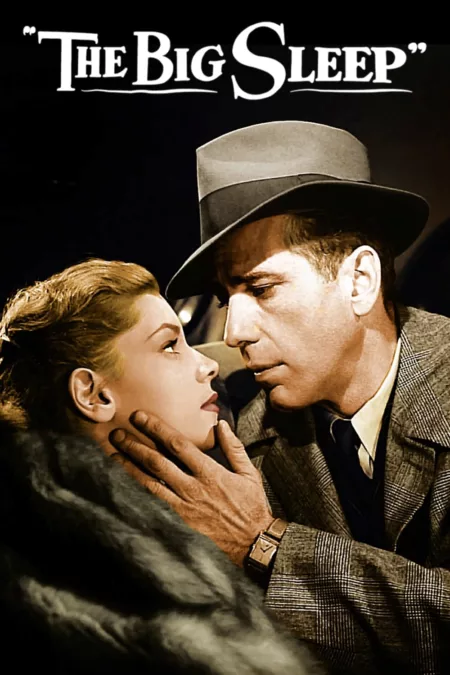
The Big Sleep (1946)
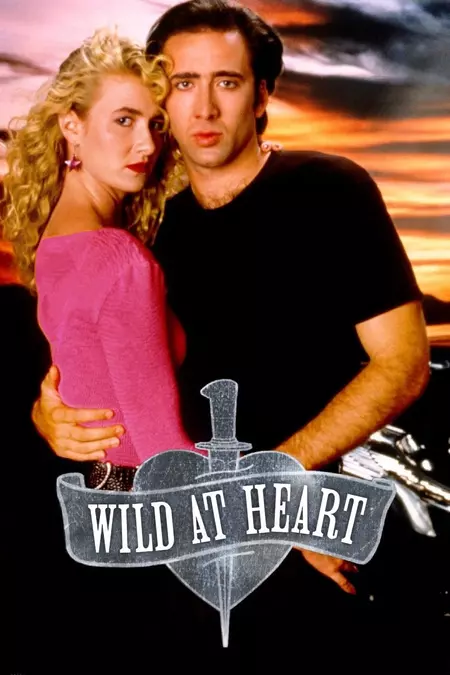
Wild at Heart (1990)
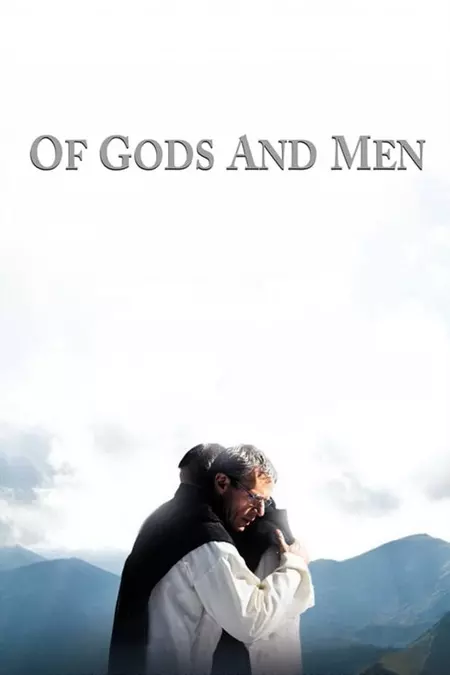
Of Gods and Men (2010)
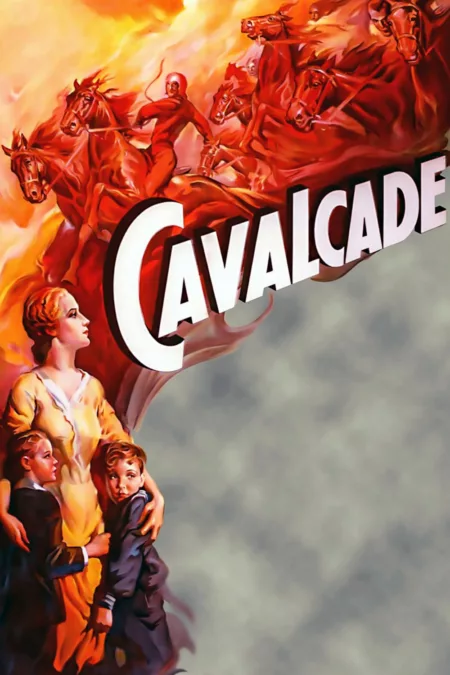
Cavalcade (1933)
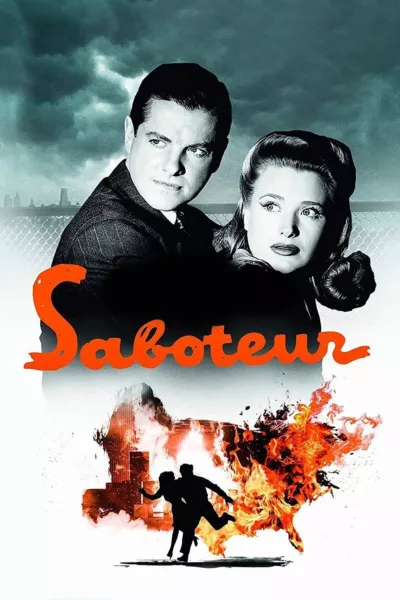
Saboteur (1942)
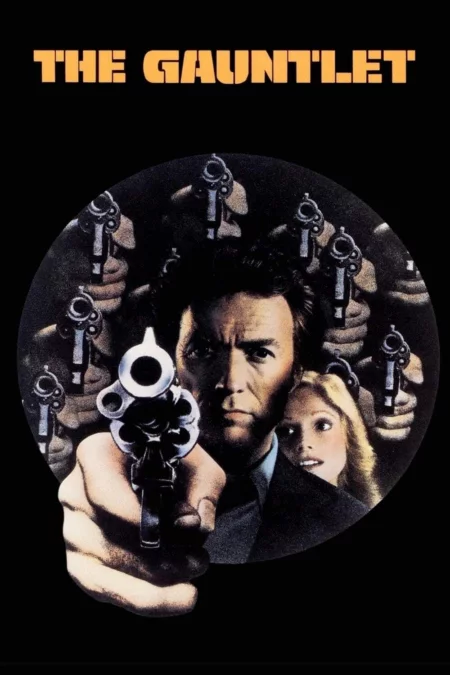
The Gauntlet (1977)
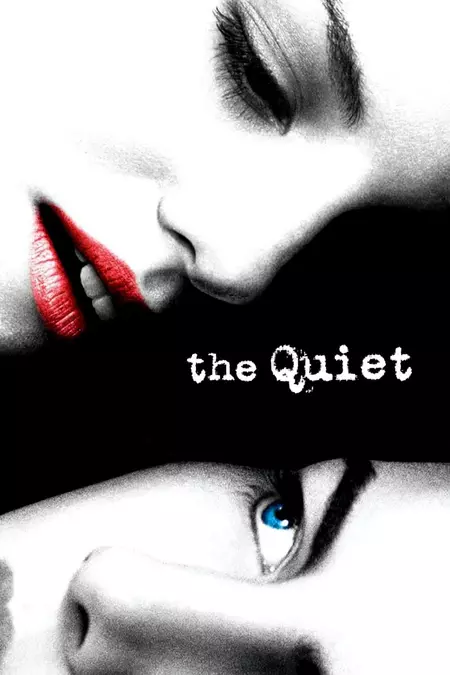
The Quiet (2005)
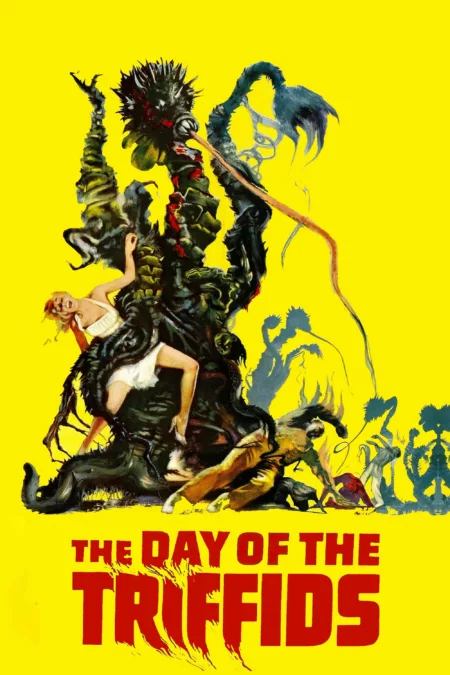
The Day of the Triffids (1963)
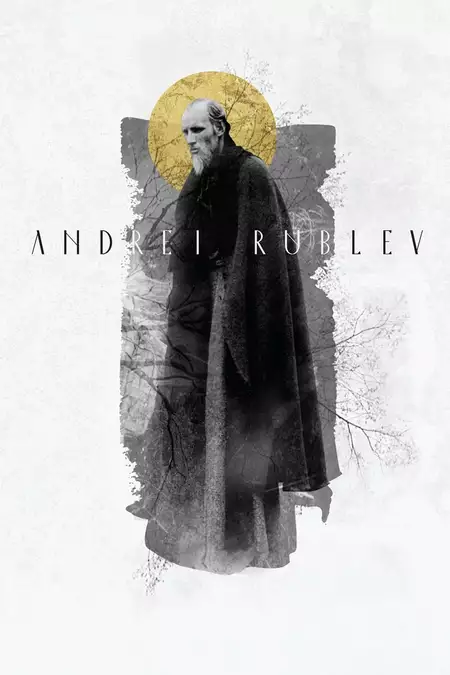
Andrei Rublev (1966)
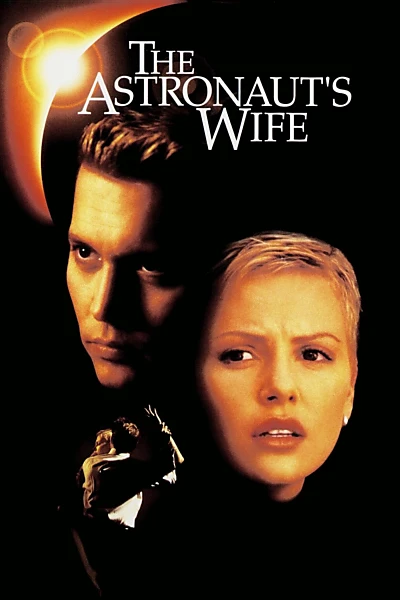
The Astronaut's Wife (1999)
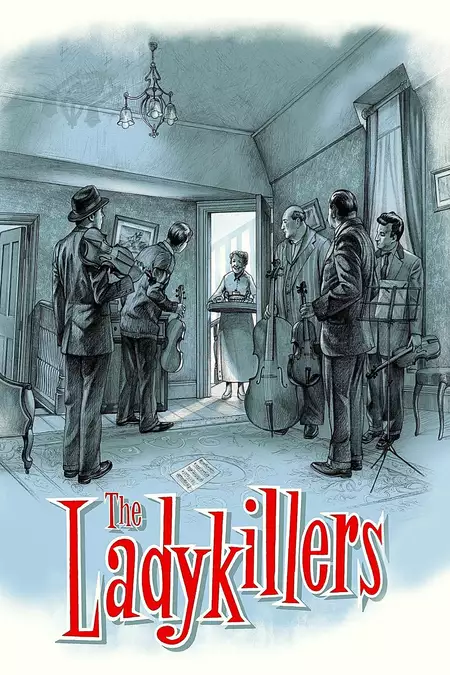
The Ladykillers (1955)
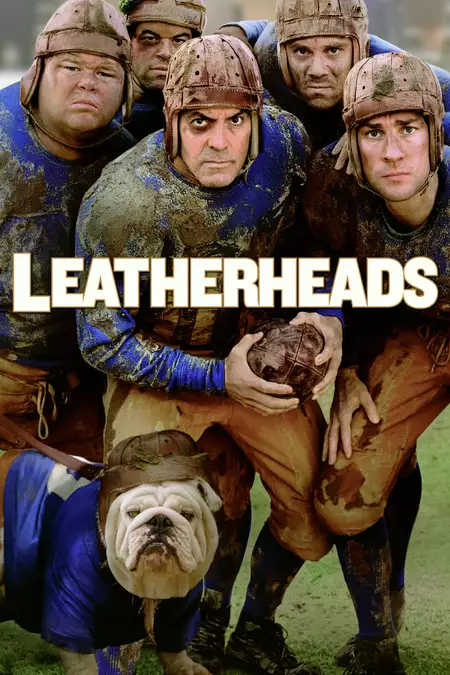
Leatherheads (2008)
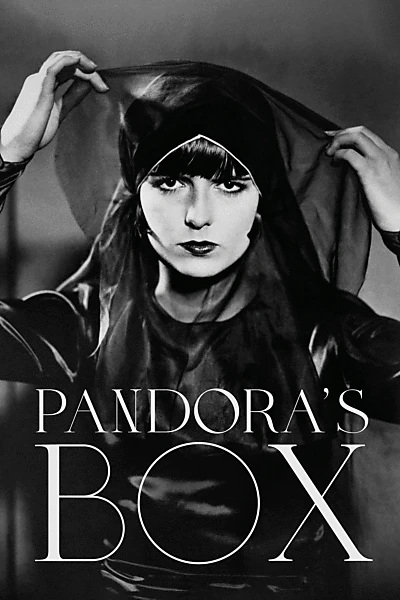
Pandora's Box (1929)
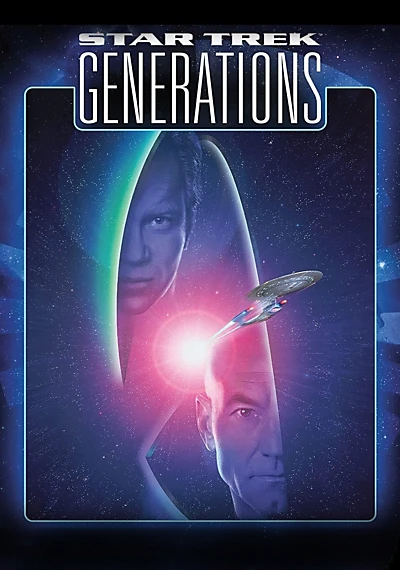
Star Trek: Generations (1994)
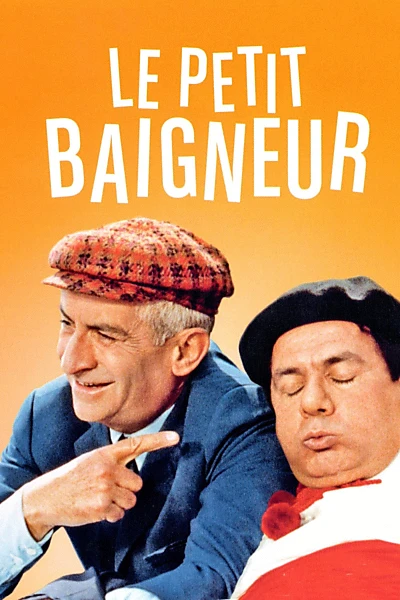
The Little Bather (1968)
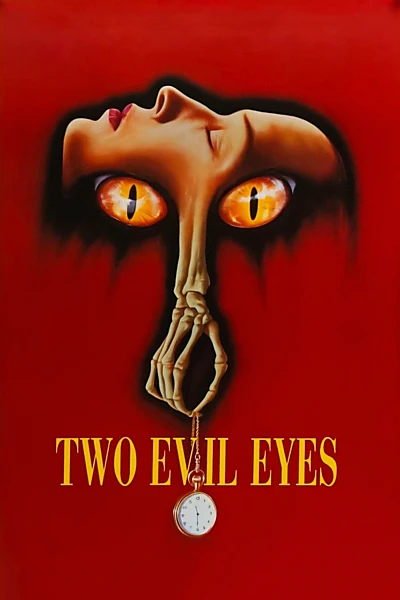
Two Evil Eyes (1990)
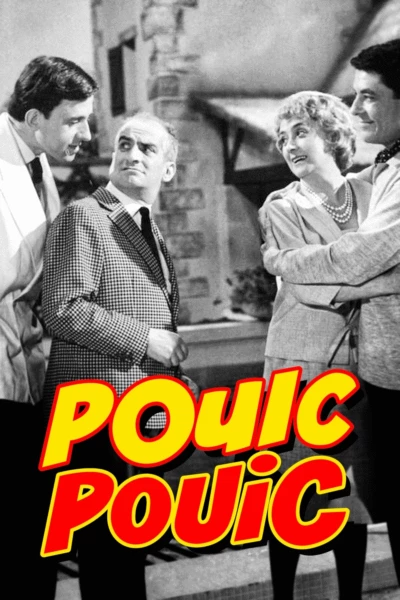
Squeak-squeak (1963)
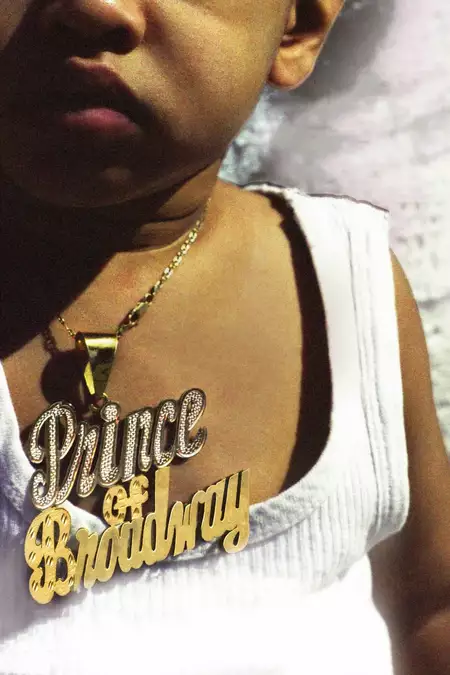
Prince of Broadway (2010)

We Dive at Dawn (1943)
